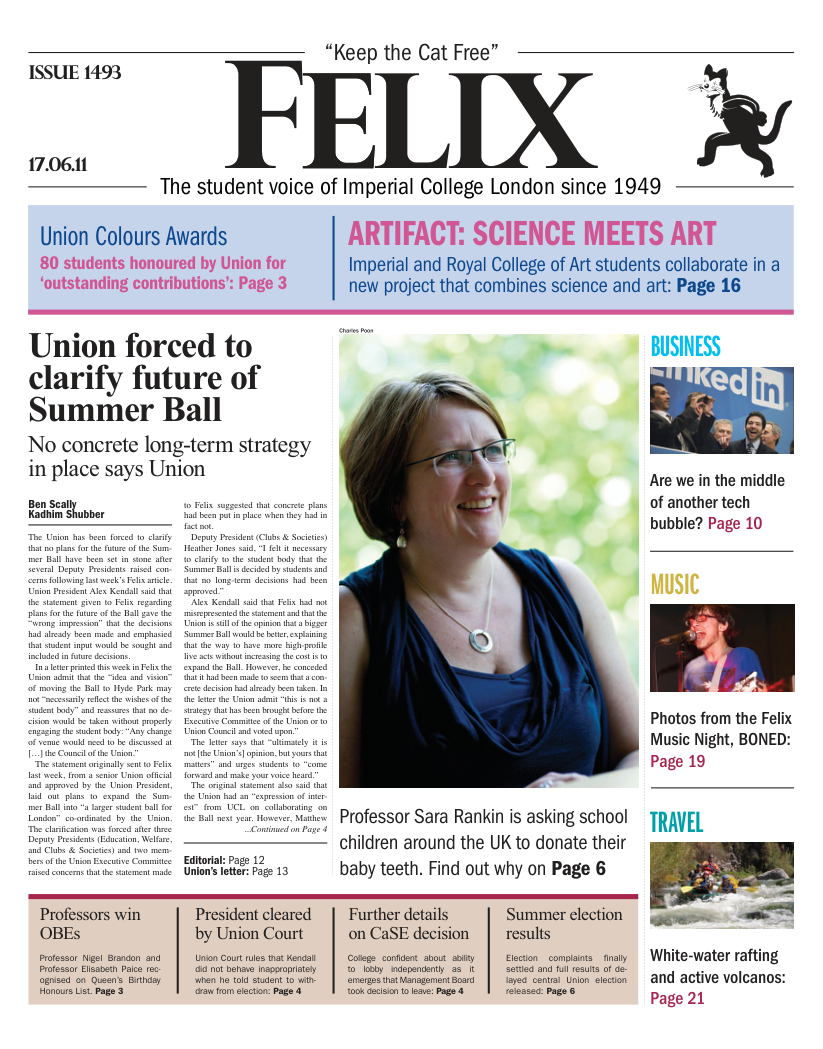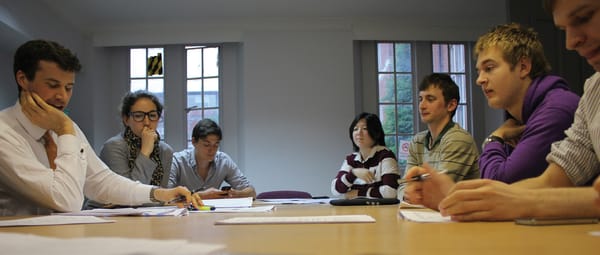Former Rector sacked from board
Sir Richard Sykes ousted in mining company coup
Sir Richard Sykes, a former Rector of Imperial College, is one of two people to have be ousted in a boardroom coup within the Eurasian Natural Resources Company (ENRC) two weeks ago. The former chairman of GlaxoSmithKline and now ex-deputy chairman of the Kazakh mining company was removed from the 14-man board along with his fellow independent director Ken Olisa, after a vote by the company’s shareholders who claimed they were tired of the two interfering, The Independent reports.
The company was surrounded in controversies regarding their public listing on the London Stock Exchange and Sir Richard is calling for the Financial Services Authority (FSA) to tighten its listings rules following the latest disputes which arose regarding corporate governance. He said that “there are serious questions to be raised about the corporate governance of companies like ENRC. It should never have been allowed to list on the London exchange with such a small free float and such dominant shareholders.”
The founding shareholders supported on the board by Kazakh government representatives are Alijan Ibragimov, Alexander Machkevich and Patokh Chodiev. Sir Richard claimed the trio were mad and described his experience as having been “more Soviet than City”, calling for “a much tougher [regulatory] regime, otherwise London’s reputation will be damaged”.
The company entered flotation on the London Stock Exchange in 2007 with less than 20% of stock available to the public, below the requirement for entering the FTSE 100. The FSA made an exception to the company, deeming it to be large enough for its shares to be liquid. An independent review, however, recommended that the founding shareholder trio, which held 35% of the company between them, should not serve on the board. Flotation was ultimately delayed by six months.
Sir Richard Sykes held the position of rector from 2001 and was succeeded by Sir Roy Anderson in 2008. The biochemist was the Senior Independent Director and non-executive Deputy Chairman and Chairman of the Remuneration Committee of the ENRC from October 2008. He is currently the Chairman of The UK Stem Cell Foundation.
Commenting to the Daily Telegraph on his time on the board, Sir Richard explained “the reason [he] joined this company was because [he] thought it had great potential” and that it was “difficult to understand why there would be so much conflict.” He reasoned that “it goes back to the fact that less than 20% of stock was free float with the rest government stock”.
The ENRC have been in a variety of controversies besides the flotation concerns, including their purchase of a mine in the Democratic Republic of Congo and the resignation of the chief executive Felix Vulis for “personal reasons” in 2010.







